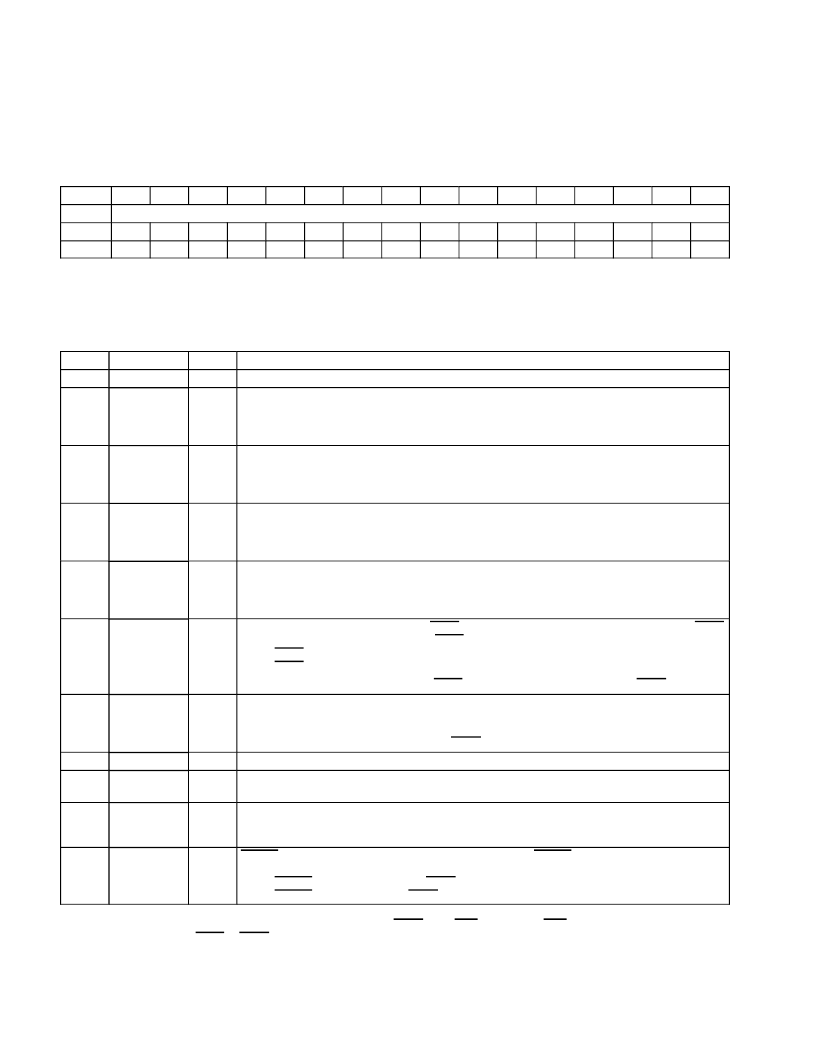- 您現(xiàn)在的位置:買賣IC網(wǎng) > PDF目錄369950 > PCI1620GHK Controller Miscellaneous - Datasheet Reference PDF資料下載
參數(shù)資料
| 型號(hào): | PCI1620GHK |
| 英文描述: | Controller Miscellaneous - Datasheet Reference |
| 中文描述: | 控制器雜項(xiàng)-數(shù)據(jù)表參考 |
| 文件頁數(shù): | 82/164頁 |
| 文件大小: | 720K |
| 代理商: | PCI1620GHK |
第1頁第2頁第3頁第4頁第5頁第6頁第7頁第8頁第9頁第10頁第11頁第12頁第13頁第14頁第15頁第16頁第17頁第18頁第19頁第20頁第21頁第22頁第23頁第24頁第25頁第26頁第27頁第28頁第29頁第30頁第31頁第32頁第33頁第34頁第35頁第36頁第37頁第38頁第39頁第40頁第41頁第42頁第43頁第44頁第45頁第46頁第47頁第48頁第49頁第50頁第51頁第52頁第53頁第54頁第55頁第56頁第57頁第58頁第59頁第60頁第61頁第62頁第63頁第64頁第65頁第66頁第67頁第68頁第69頁第70頁第71頁第72頁第73頁第74頁第75頁第76頁第77頁第78頁第79頁第80頁第81頁當(dāng)前第82頁第83頁第84頁第85頁第86頁第87頁第88頁第89頁第90頁第91頁第92頁第93頁第94頁第95頁第96頁第97頁第98頁第99頁第100頁第101頁第102頁第103頁第104頁第105頁第106頁第107頁第108頁第109頁第110頁第111頁第112頁第113頁第114頁第115頁第116頁第117頁第118頁第119頁第120頁第121頁第122頁第123頁第124頁第125頁第126頁第127頁第128頁第129頁第130頁第131頁第132頁第133頁第134頁第135頁第136頁第137頁第138頁第139頁第140頁第141頁第142頁第143頁第144頁第145頁第146頁第147頁第148頁第149頁第150頁第151頁第152頁第153頁第154頁第155頁第156頁第157頁第158頁第159頁第160頁第161頁第162頁第163頁第164頁

4
–
14
4.25 Bridge Control Register
The bridge control register provides control over various PCI1620 bridging functions. Some bits in this register are
global in nature and should be accessed only through function 0. See Table 4
–
6 for a complete description of the
register contents.
Bit
15
14
13
12
11
10
9
8
7
6
5
4
3
2
1
0
Name
Bridge control
Type
R
R
R
R
R
RW
RW
RW
RW
RW
RW
R
RW
RW
RW
RW
Default
0
0
0
0
0
0
1
1
0
1
0
0
0
0
0
0
Register:
Offset:
Type:
Default:
Bridge control
3Eh (Function 0, 1)
Read-only, Read/Write
0340h
Table 4
–
6. Bridge Control Register Description
BIT
SIGNAL
TYPE
FUNCTION
15
–
11
RSVD
R
These bits return 0s when read.
10
POSTEN
RW
Write posting enable. Enables write posting to and from the CardBus sockets. Write posting enables the
posting of write data on burst cycles. Operating with write posting disabled impairs performance on burst
cycles. Note that burst write data can be posted, but various write transactions may not. This bit is socket
dependent and is not shared between functions 0 and 1.
9
PREFETCH1
RW
Memory window 1 type. This bit specifies whether or not memory window 1 is prefetchable. This bit is
socket dependent. This bit is encoded as:
0 = Memory window 1 is nonprefetchable.
1 = Memory window 1 is prefetchable (default).
8
PREFETCH0
RW
Memory window 0 type. This bit specifies whether or not memory window 0 is prefetchable. This bit is
socket dependent. This bit is encoded as:
0 = Memory window 0 is nonprefetchable.
1 = Memory window 0 is prefetchable (default).
7
INTR
RW
PCI interrupt
–
IREQ routing enable. This bit is used to select whether PC Card functional interrupts are
routed to PCI interrupts or to the IRQ specified in the ExCA registers.
0 = Functional interrupts are routed to PCI interrupts (default).
1 = Functional interrupts are routed by ExCA registers.
6
CRST
RW
CardBus reset. When this bit is set, the CRST signal is asserted on the CardBus interface. The CRST
signal can also be asserted by passing a PRST assertion to CardBus.
0 = CRST is deasserted.
1 = CRST is asserted (default).
This bit is not cleared by the assertion of PRST. It is only cleared by the assertion of GRST.
5
MABTMODE
RW
Master abort mode. This bit controls how the PCI1620 responds to a master abort when the PCI1620 is
an initiator on the CardBus interface. This bit is common between each socket.
0 = Master aborts not reported (default).
1 = Signal target abort on PCI and signal SERR, if enabled.
4
RSVD
R
This bit returns 0 when read.
3
VGAEN
RW
VGA enable. This bit affects how the PCI1620 responds to VGA addresses. When this bit is set, accesses
to VGA addresses will be forwarded.
2
ISAEN
RW
ISA mode enable. This bit affects how the PCI1620 passes I/O cycles within the 64-Kbyte ISA range. This
bit is not common between sockets. When this bit is set, the PCI1620 does not forward the last 768 bytes
of each 1K I/O range to CardBus.
1
CSERREN
RW
CSERR enable. This bit controls the response of the PCI1620 to CSERR signals on the CardBus bus. This
bit is separate for each socket.
0 = CSERR is not forwarded to PCI SERR (default)
1 = CSERR is forwarded to PCI SERR.
This bit is global in nature and should be accessed only through function 0.
This is a PME context bit and can be cleared only by the assertion of GRST when PME is enabled. If PME is not enabled, then these bits are
cleared by the assertion of PRST or GRST.
相關(guān)PDF資料 |
PDF描述 |
|---|---|
| PCI1620PDV | Controller Miscellaneous - Datasheet Reference |
| PCI2050A | 32-Bit. 66MHz. 9-Master PCI-to-PCI Bridge |
| PCI2050GHK | BUS CONTROLLER |
| PCI2050PDV | BUS CONTROLLER |
| PCI9054AB50BI | Interface IC |
相關(guān)代理商/技術(shù)參數(shù) |
參數(shù)描述 |
|---|---|
| PCI1620PDV | 功能描述:外圍驅(qū)動(dòng)器與原件 - PCI PC Card Flash & Smart Card Cntrlr RoHS:否 制造商:PLX Technology 工作電源電壓: 最大工作溫度: 安裝風(fēng)格:SMD/SMT 封裝 / 箱體:FCBGA-1156 封裝:Tray |
| PCI-1620U | 制造商:ADVANTECH 制造商全稱:Advantech Co., Ltd. 功能描述:8-port RS-232 PCI Communication Card, with Surge Protection |
| PCI1620ZHK | 功能描述:外圍驅(qū)動(dòng)器與原件 - PCI PC Card Flash & Smart Card Cntrlr RoHS:否 制造商:PLX Technology 工作電源電壓: 最大工作溫度: 安裝風(fēng)格:SMD/SMT 封裝 / 箱體:FCBGA-1156 封裝:Tray |
| PCI-1622A-BE | 制造商:Advantech Co Ltd 功能描述:8PORT RS-422/485 PCI COM CARD - Trays 制造商:Advantech Co Ltd 功能描述:8-port RS-422/485 UPCI COMM card |
| PCI-1622CU | 制造商:ADVANTECH 制造商全稱:Advantech Co., Ltd. 功能描述:8-port RS-422/485 Universal PCI Communication Card with Isolation & EFT Protection |
發(fā)布緊急采購(gòu),3分鐘左右您將得到回復(fù)。